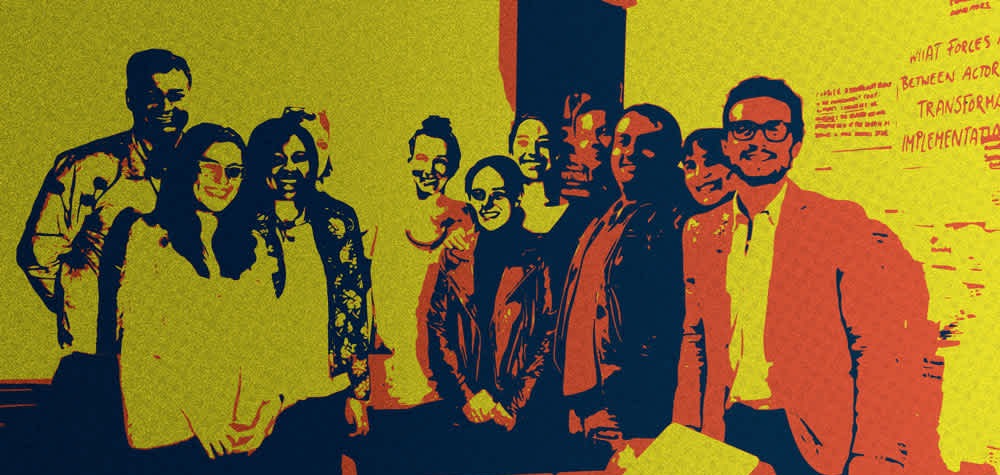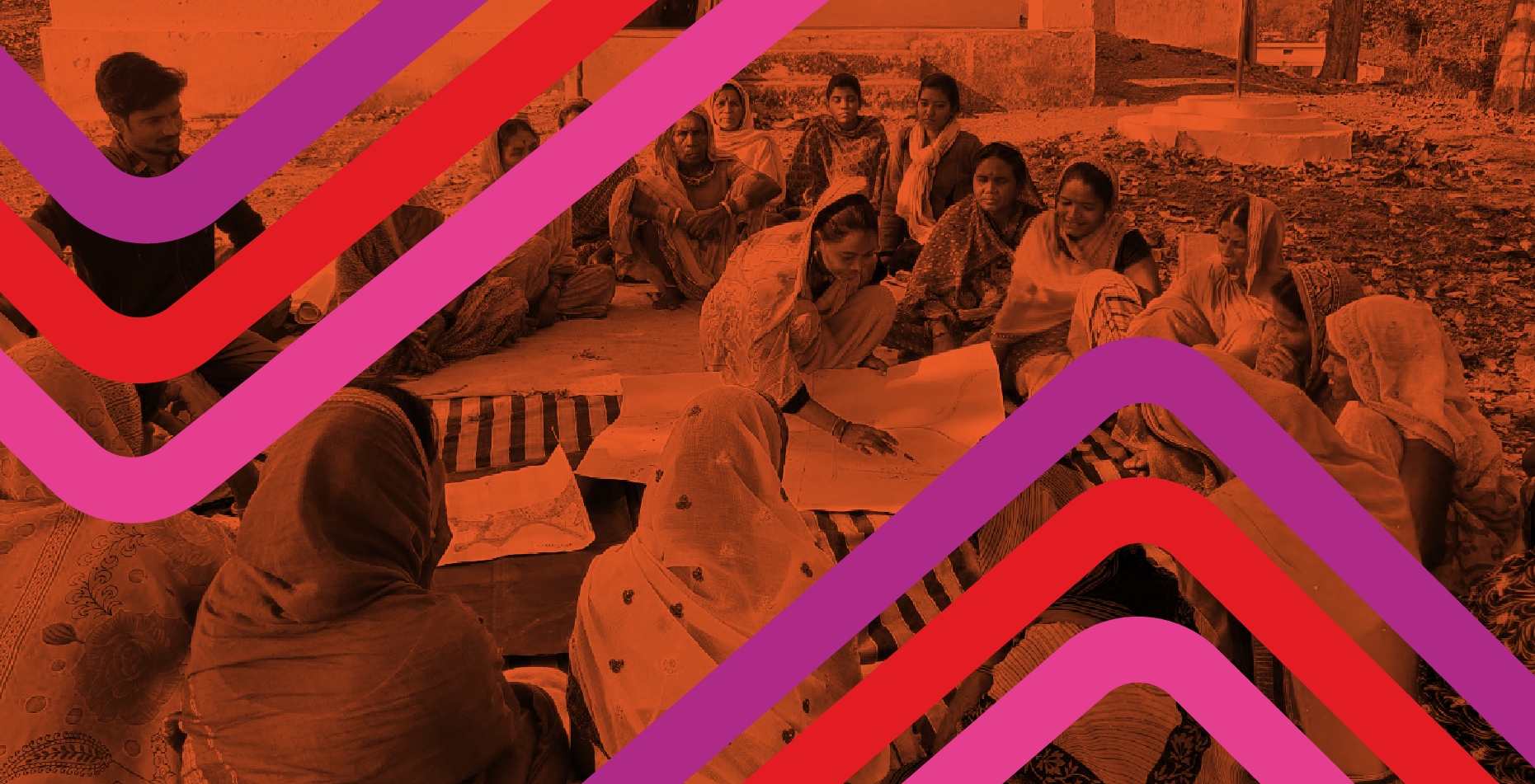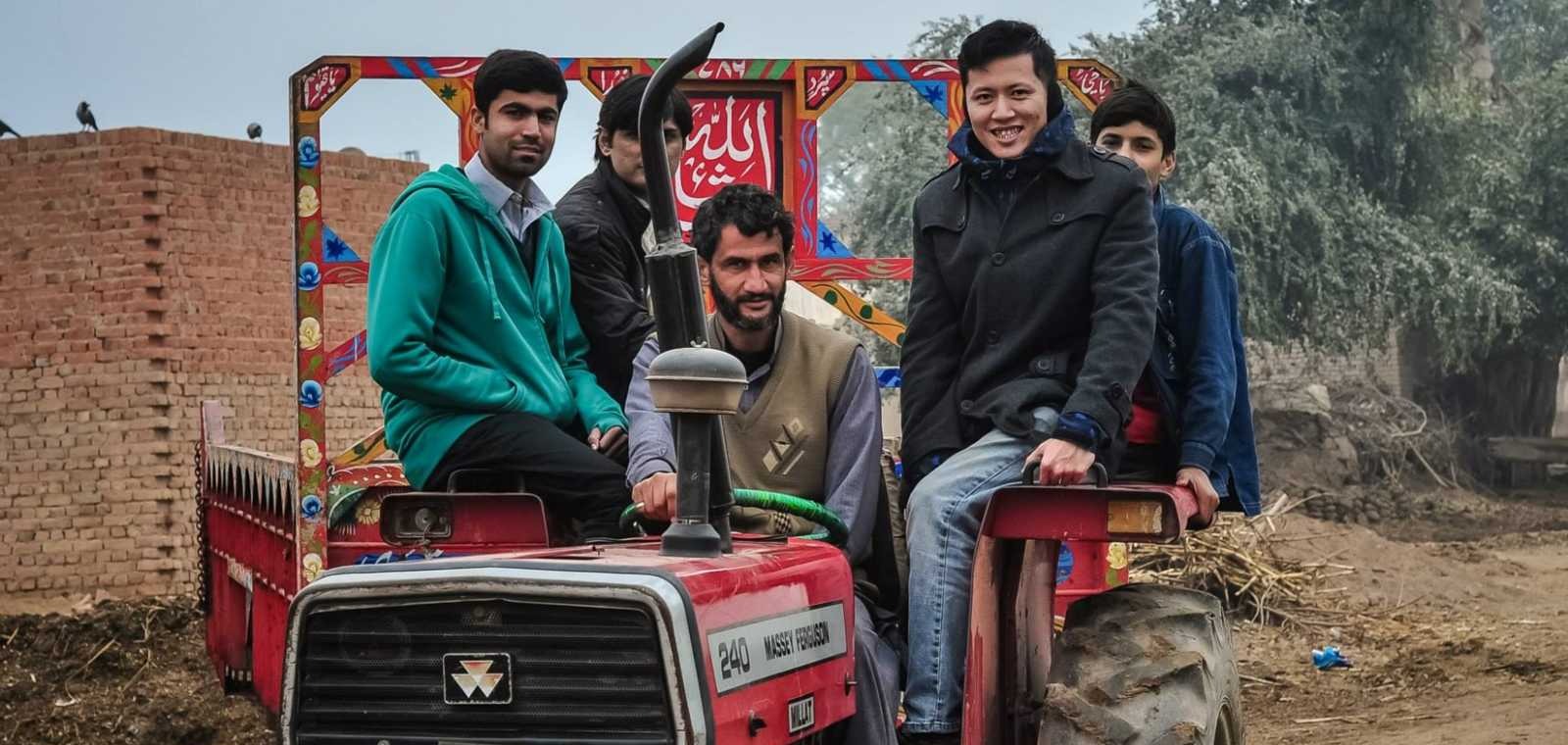Redefine Success
How trust enabled a community to provide crucial support across the globe in just two weeks
Acumen Fellows across Spain and India collaborate to support communities during pandemic's peak
July 30, 2021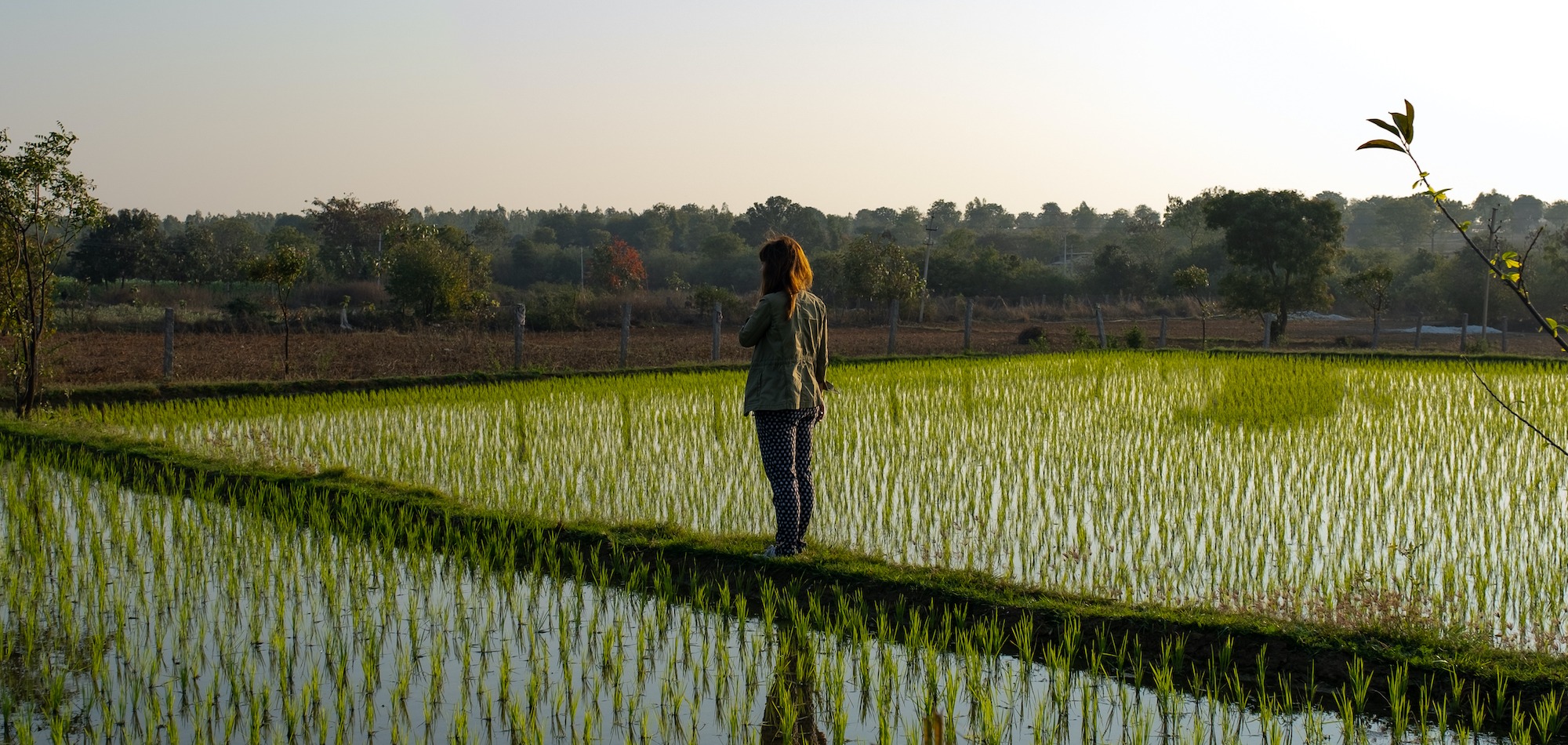
While ‘building community’ has finally hit mainstream, community has been core to Acumen's impact hypothesis since the start.
The definition of 'community' that we use is:
— Charles H. Vogl, The Art of Community: 7 Principles for Belonging
We’re building the Acumen Academy Community on three pillars:
- Our shared purpose and vision for a more just, inclusive and sustainable world. We each have a role to play and we recognize that it will take all of us.
- Our shared values expressed in our manifesto. How we strive to show up in the world and where we return to when faced with challenges and uncertainty.
- Our mutual care for each other. We don’t just recognize that it takes all of us, we genuinely care about each other and we solve problems together.
Case study: A flourishing community amid a global pandemic
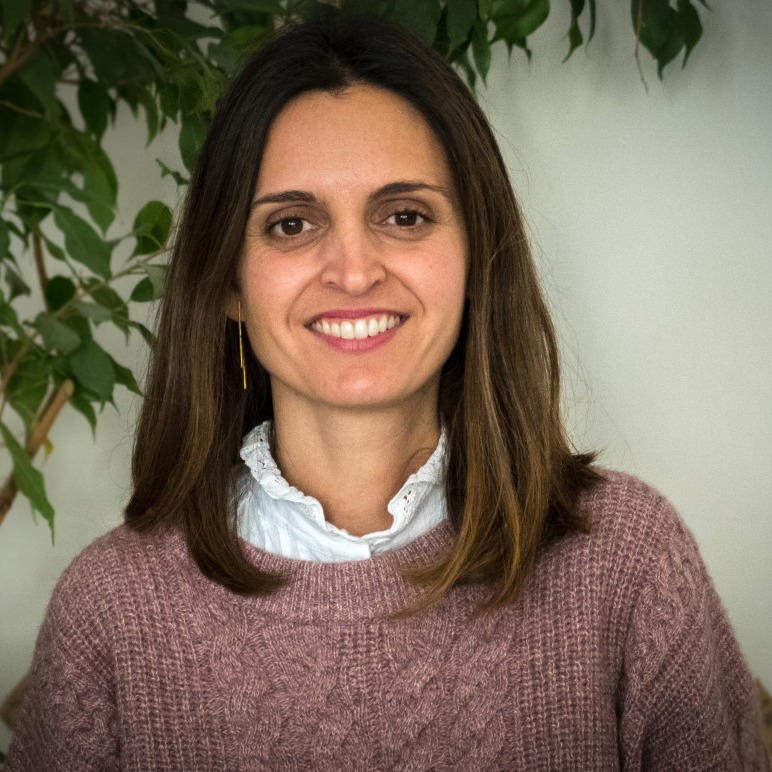
Spain Fellow
Arancha Martinez
Arancha has led the creation of People's Protection App (PPP), a biometric solution to make visible to millions of "invisible" people and that gives them access to their fundamental rights. She has received some important awards, such as the Citizens Award for her work in the field of human rights or Princess Girona 2018 for her social objective. Since 2017, she has been the director of ComGo.io in Spain, from where she promotes blockchain technology, trying to revolutionize the social sector by providing efficiency, traceability and transparency.
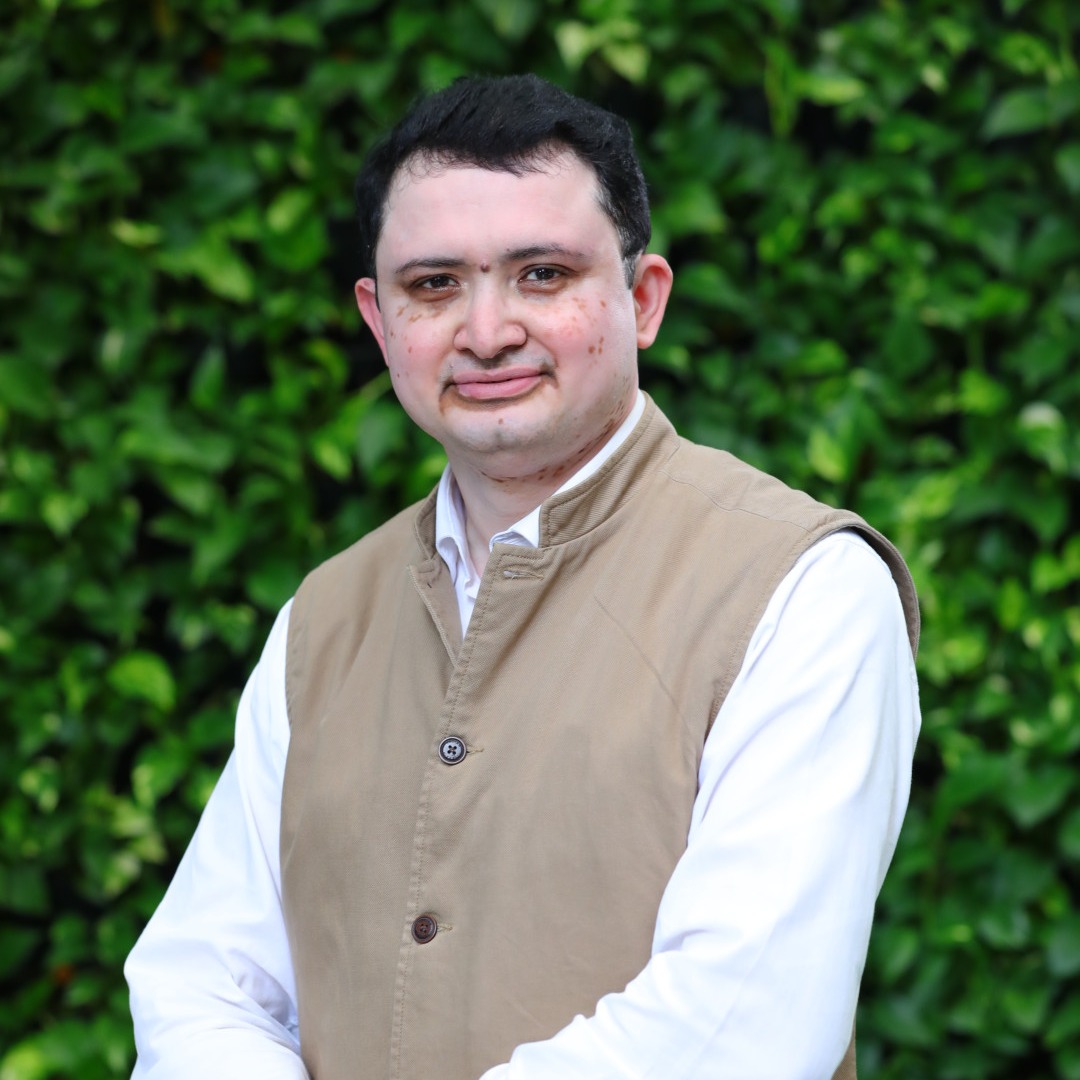
India Fellow
Suresh Kumar
Suresh fights against child labour in Bihar through rescue, reintegration and rehabilitation of child labour survivors, and prosecution of traffickers and oppressive employers. He provides anti-trafficking trainings to police officials, judges, prosecution officers, lawyers, SSB officials (Border Security Guard), government officials, child protection functionaries, NGO workers, youth and media persons, among others. Suresh has studied law at Delhi University with more than 19 years of working and networking experiences with organisations, institutions, lawyers, government and individuals fighting against child labour.
Shared-identity as a shortcut to trust enables collaboration: Arancha and Suresh
As cases began to settle in Spain and spike in India, a letter arrived in the inboxes of the Acumen Fellows in India from Arancha. She expressed her solidarity and spoke to the possibility of leveraging the blockchain-enabled platform for donations to the Acumen Fellowship in India community. Recognizing Arancha from the Year-End Celebration in December, Suresh replied to the letter, even though they hadn’t been in touch since, to explore where their work might intersect. What followed were eminent actions.
It began with trust and a recognition of shared identity and values.
Trust enables collaboration by redefining roles
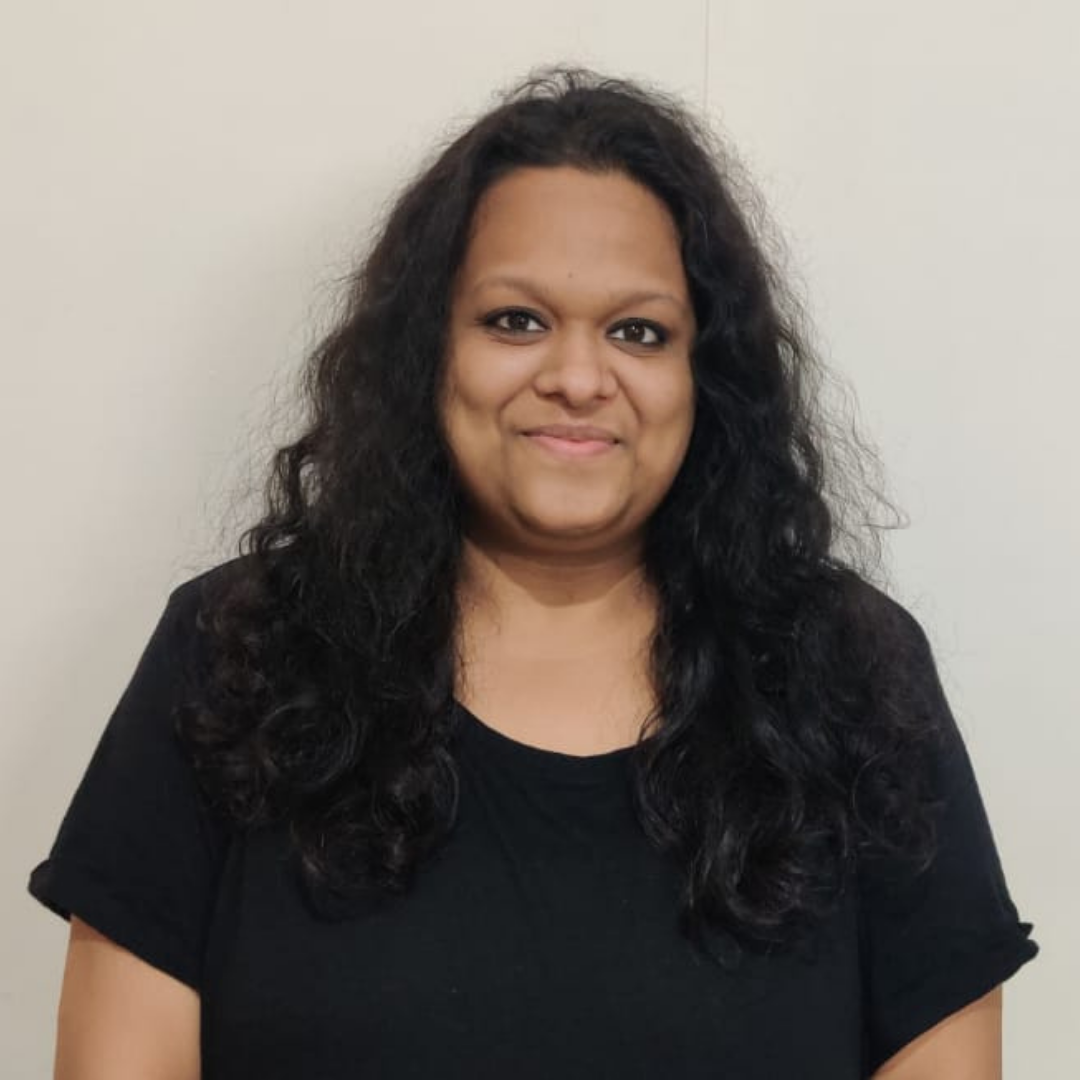
India Fellow
Vandita Morarka
Vandita is the Founder and CEO of One Future Collective, a feminist non-profit working towards social justice through knowledge, advocacy and community building. Vandita holds an LL.B. from Government Law College and a MA Honours in Public Policy from the University of Mumbai.
